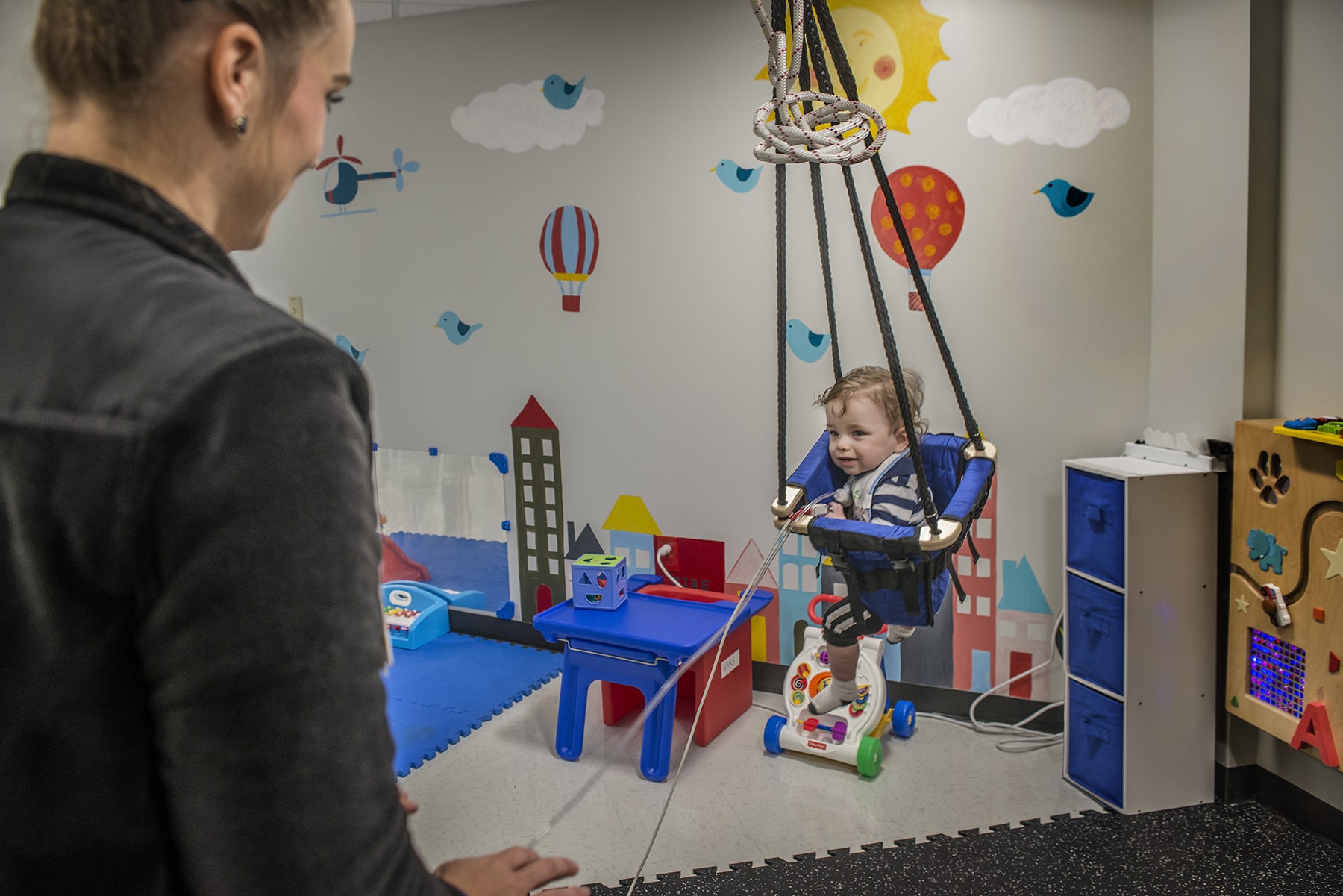Occupational Therapy is skilled treatment that assists individuals to achieve independence in all facets of their lives.
Occupational Therapy not only treats the medical condition, it helps clients to remain engaged in the activities that give them pleasure or a sense of purpose, despite challenges they face.
Occupational therapists and occupational therapy assistants focus on whatever occupations or activities are meaningful to the individual. Occupational Therapy can help restore the client’s ability to perform day-to-day tasks; including bathing, grooming, dressing, eating, and home preparation such as laundry and cooking.
At Rockcastle Regional, Occupational Therapy plays an important role with helping the residents of our ventilator unit achieve their highest potential in everyday living. Each client is carefully evaluated and receives personalized treatment based on their needs. By taking the full picture into account – a person’s psychological, physical, emotional, and social makeup, as well as their environment – occupational therapy assists clients to do the following:
Our services include, but are not limited to and may benefit with those with the following:
